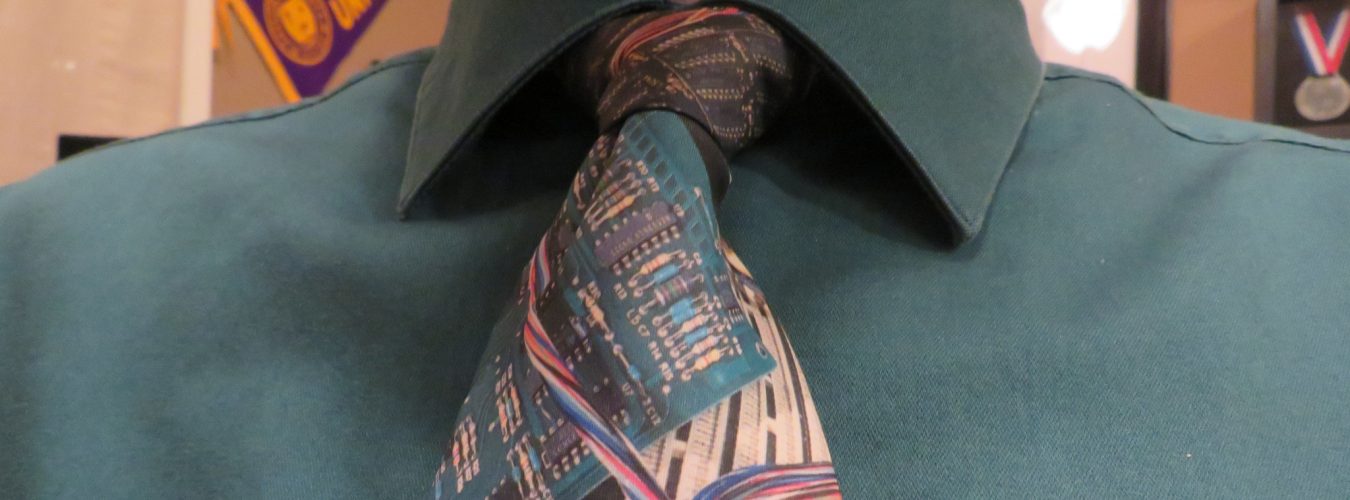Two years ago this week, I received the first files I would proofread as a freelancer in the game industry (a chapter of Interface Zero 2.0). This project started me on the path of freelancing that I continue to follow today. Like many wanna-be game industry freelancers, I learned on the job in sort of a “trial by fire” with my first couple of projects. Luckily, I was blessed with some very patient publishers and game designers who were willing to let me learn on the job. Soon after that, I was offered freelance work with Modiphius, and Lynne Hardy took me under her wing. She taught me so much and developed my raw talent into more skill and experience. It was this mentoring I received as a new freelancer that I want to discuss.
As a game industry, would it be prudent for some of the more experienced artists, editors, proofreaders, and writers to offer apprenticeships to up-and-coming freelancers who show interest and talent?
apprenticeship [uh-pren-tis]
noun – a person who works for another in order to learn a trade
(Source: http://dictionary.reference.com/browse/apprenticeship?s=t)Apprenticeship is a system of training a new generation of practitioners of a trade or profession with on-the-job training and often some accompanying study (classroom work and reading).
(Source: http://en.wikipedia.org/wiki/Apprenticeship)
The game industry is growing, and it relies heavily on freelancers. Even publishers that do not use freelancers directly often indirectly use freelancers by hiring staff who gained their experience and skillsets through freelance work with other publishers. How does the industry grow talent? Instead of a “trial by fire” or a “let’s give this person a chance and see what they do” approach to finding new talent, what if a publisher hired a young potential freelancer to work alongside a staff member or an experienced freelancer as an apprenticeship on a few projects? The staff member/experienced freelancer has the opportunity to be a mentor and pass along their knowledge and skill, nurturing the young talent. The apprentice learns the skills and standards for that publisher through proper training and experience. If the apprenticeship period does not work out, then the apprenticeship can be discontinued and another young talent can be sought.
I see three possible challenges to this:
- The potential loss of project time on failed apprenticeships. It can be hard to continue a project that feels like a waste of time or a failure. Success breeds success, so the hope is that some good, raw talent could be found or grown through this apprenticeship program.
- The potential fear of competition for available freelance work. Training up an apprentice freelancer means more skilled and experienced talent in the pool available to publishers. This is a win for publishers but might be seen as a threat to some freelancers.
- The additional cost of hiring an experienced freelancer along side an apprentice freelancer. The pay rates would not be the same, but I feel there should be some sort of compensation for being an apprentice to encourage young talent to pursue this opportunity for training.
I am curious what other freelancers and publishers think of this idea. Am I insane? Has something like this been tried before? Does the current system of building relationships and giving a person a shot at freelancing work just fine for the game industry? I know I really benefited from my “unofficial” apprenticeship under Lynne Hardy. It has also made her and me a good working team on projects. A formal apprenticeship program could have really helped me accelerate my learning curve and made me more effective to publishers. I feel I could even benefit from a journeyman program that offers further mentoring and training to existing freelancers. I am willing to help with an apprenticeship or journeyman program if there is interest. What do you think?


Why would I ever hire an apprentice if seasoned professionals underbid each other?
I ask this from having been a freelance Flash guy in the early and mid -90’s and even making a living from it for a year allowing us to move to Boston. But it was a tough year of 80 hour weeks . . .
If there was a strong and brave payment standard (ie, $X an hour for pros and $.65X for apprentices) and some certification, then perhaps this would work.
But right now I can put out for bids on creating art for this or that, look at portfolios and rates and hope for the best!
It looks like I’m out $1200 for my kids’ books illustrations and I would certainly like something dependable and reliable like you are suggesting!
Yeah, I realize what I was proposing was a bit radical and likely unrealistic. I just think it is a discussion worth having. How do we continue to grow the industry? Lucky find of raw talent or build the talent up over time?
I think it could become a reality but we’d have to re-frame things and maybe look at how it’s done in Europe.
I’d like to know when I pay someone that I have a very good chance of my expectations being met. I’d also like freelancers or contractors to be able to make a living.
Reasonable rates for reasonable work.
For example, that Mini Apocalypse image – I was only charged for $150 but paid $100 over that because that was still a bargain for a poster-sized print. A more than fair price for something that exceeded my expectations.